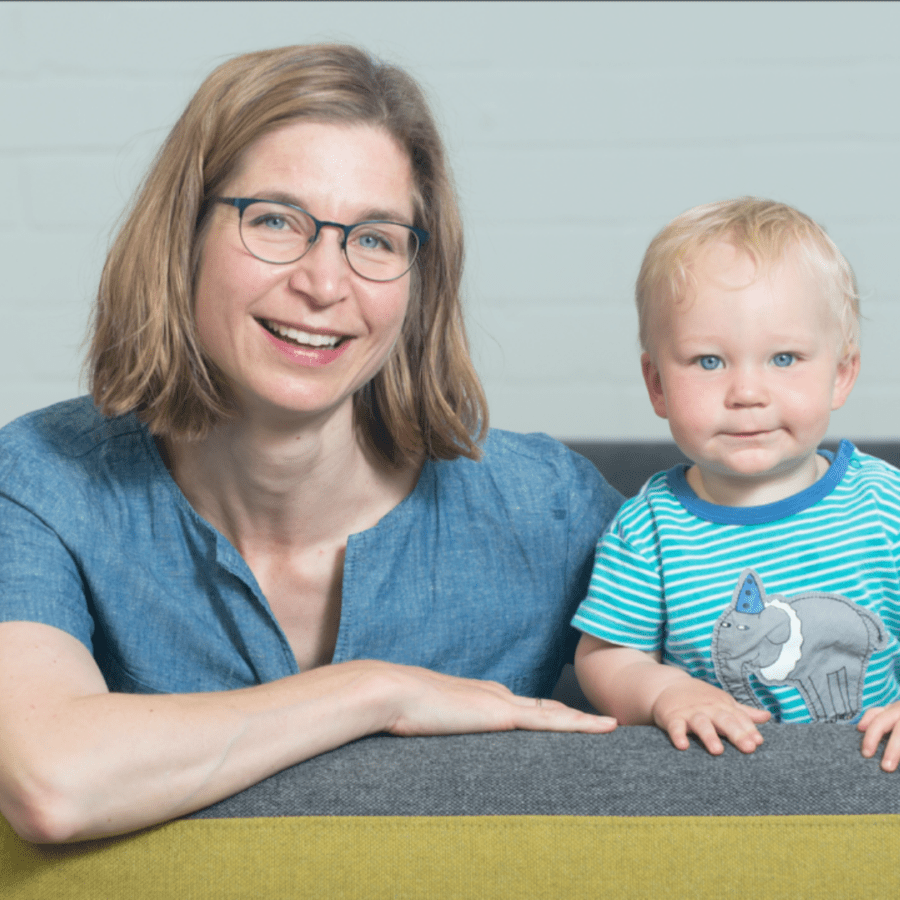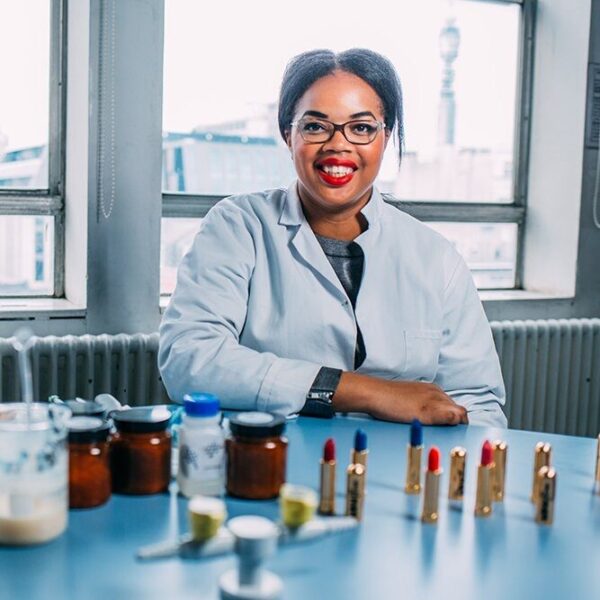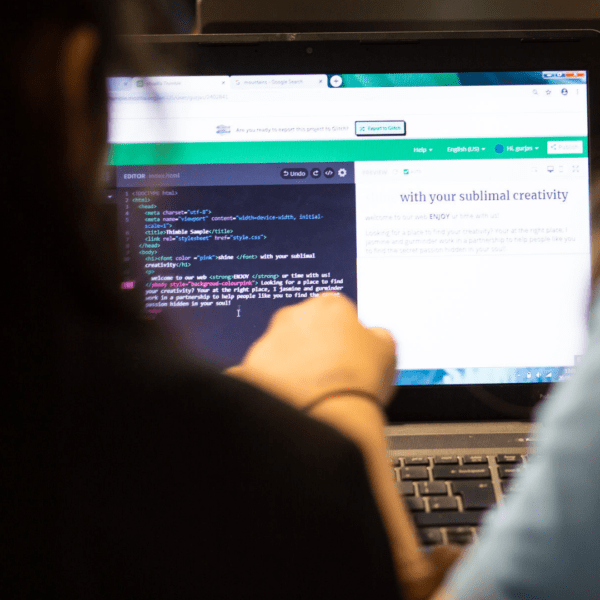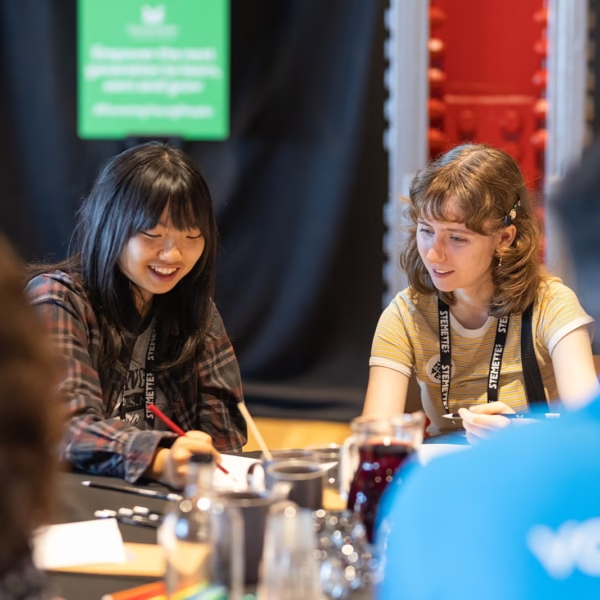Tell us about your background and your journey to your current role?
I am a Professor of computer science and I had a very interdisciplinary journey to get to this stage! People are often very surprised at my background and how things have turned out (laughs)
At university, I started off doing literature but I took a linguistics module on the side. This interested me more than literature, actually. I then moved into computational linguistics and I ended up in computer science.
What I really enjoy about my subject now is that it is still highly interdisciplinary, so my roots are still there.
What does a typical day look like for you now?
When I was a PhD student and Post-Doc, I was actually doing research: implementing it, running it, executing it. Now, I see myself as more of a manager.
You get to project manage and think about the big ideas and if you’re lucky, you have someone there to do the actual research – then you get to discuss and critique the results. I enjoy the directing aspect of it. However, I’m not a hands-on research person anymore. I sometimes feel a bit removed from the subject, like a bystander – my students often know more than me! (laughs)
On a day-to-day basis, my day is a lot of emails and meetings. If it’s a good day, I get to look at a research paper. There’s some teaching sprinkled in there, as well.

Click here to read more about Professor Verena Rieser’s research on sexism in AI >>
Who inspired you along that journey?
I had three or four female role models.
During my UG, I moved from literature to the linguistic department because of a really amazing lecturer. She inspired me from her enthusiasm for her subject, I just loved her lectures – they were funny, clever and challenging. Later, at the summer school, there was also a PhD student from Germany giving a lecture and she has wowed me, she gave the lectures in brilliant English and made it all sound so simple! I walked up to her and said ‘Sabine, I want to be like you’. She recommended I do a postgraduate degree in Edinburgh because of its reputation for technology – that sent me on my way to do just that.
When arriving in Edinburgh, I had an excellent MSc supervisor, Professor Johanna Moore. She supported me and put me on a great path.
At the beginning of my MSc programme in Edinburgh I had a really, really hard time because I hardly knew any programming! It seemed to me that I was the only one, everybody else came from computer science – I felt desperate. I then took a course, taught by Professor Judy Robertson, and she gave me lots of tips and was incredibly supportive, teaching me not to feel so bad about myself. Again, she was instrumental to my success now because in the first couple of months, I was ready to quit.
At all these important decision-making points, there were incredible women who kept me on the path I am now and pushing me forward.
Is there anything you wish you could do more of and change the way you’re working?
I’d love to attend more conferences and read papers. That’s where I get really excited and inspired. You need to be inspired in your work and be doing things that make you think ‘what next, what’s cutting-edge, what is beyond this?’
As a manager, your time is consumed by the daily grind of admin, responsibilities and meetings. Attending conferences is hard for me as well, because I have two young children. Travelling and staying away overnight is almost impossible. As they grow older – in 5 or 10 years’ time – I’m sure I’ll be able to do more conferences again.
Looking back on your career thus far, what would you recommend to women and girls?
Don’t be afraid to take risks – the defining moments of my career having involved changing path and subject – and find something which is fun, not necessarily easy, but something that inspires you and grasps your imagination. Don’t let people discourage you. People have said to me before ‘that won’t work’ – and guess what, it did work.
As women, we find it harder to take risks. That’s where role models come in. I have lots of female PhD students and I feel strongly about supporting them. Find a mentor – doesn’t have to be female, but it helps, I understand the problems that women face in the workplace and in personal relationships and there is an obvious interplay between work and the home for everyone.
Read the full interview with Professor Verena Rieser on Data-Driven Innovation here >>






